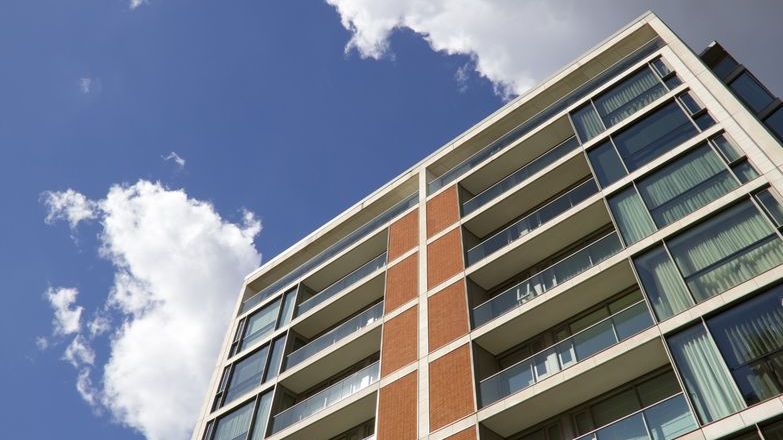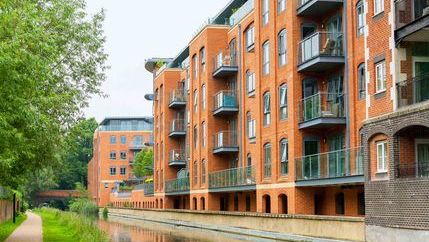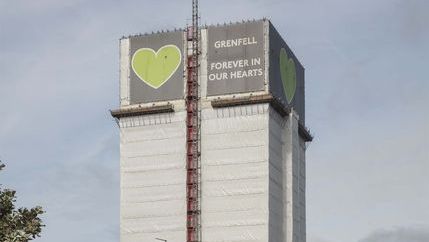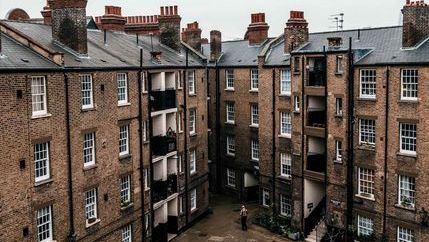
Seeking clarity and further action
We have stated our position that leaseholders should never cover the costs of remediation work because they have no responsibility for the original defect.
Gaps in the current rules, including cases where protections have been refused on buildings under 11 meters with flammable cladding, and instances where developers have offered extended leases effectively invalidate the leaseholders’ protections.
Furthermore, Propertymark questions how the Building Safety Remediation Scheme proposed in the amendment would not represent value for money, considering the current Cladding Safety Scheme (CSS) will cost taxpayers £5.1bn – especially as the CSS does not account for any other building safety issues which may come to light in the future.
Considering all of this, we have asked Lady Scott for clarification on the following:
- How the CSS will prevent developers from passing remediation costs to leaseholders
- What consequences there will be for developers who have passed costs onto leaseholders
- What plans DLUHC have to address our concerns on the limitations of the current leaseholder protections
Sector support for Lytton amendment
The UK Government has put forward legislation through the Building Safety Act 2022 which would provide some protections for leaseholders, and many developers have already signed up to guarantee their participation. However, like Propertymark, there are many who don't believe this solution will work in practice.
An amendment tabled by the Earl of Lytton, most recently on 20 July 2023, proposes an independent Building Remediation Scheme which would resolve many of the current limitations on leaseholder protections. Propertymark has worked with Lord Lytton on this issue and strongly support this amendment to the Bill.
How the Building Safety Remediation Scheme would work
The Building Safety Remediation Scheme (BSRS) proposed under the amendment establishes a statutory scheme that covers all leaseholders.
If a building did not comply with regulations in force at the time it was built, liability for remediation of all material building safety defects is placed on the developer and principal contactor. If neither can pay (or the building met the relevant regulations in force when it was built but is now, with later information, seen as unsafe), remediation funding would come from a levy on the construction industry rather that directly from the developer.
The BSRS would provide leaseholders and their lenders with certainty that their homes will be fully remediated. Additionally, it would futureproof the law with a low-cost mechanism to deal with similar situations in the future.






